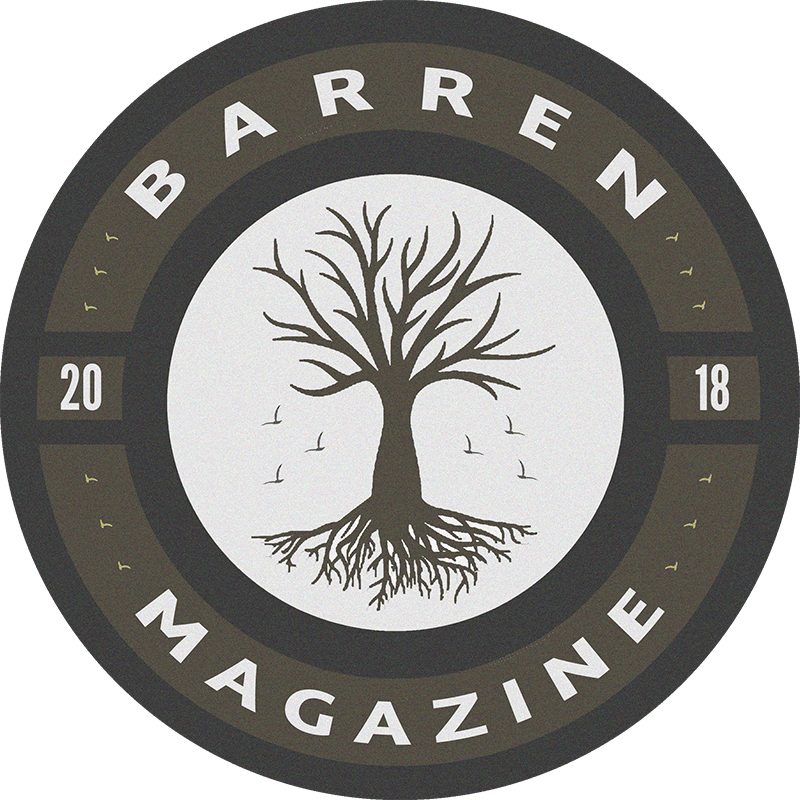History could have been so different, you once said. And it is true: reality is slippery, evanescent, problematic, perhaps it is all for the best that a peasant goes on eating potatoes and does not become a Joan of Arc, that a chap goes about the halls of Cambridge in his un-darned stockings and does not become a king. The point was that I was enough. You were always reassuring me then.
But nothing is enough, I have found since your bewildering departure, one moment swashbuckling, the next, shockingly weak, your familiar scree of identity listing away.
Today I wear my anorak to the memorial, because the day is mizzly, and in defiance. Your high-heeled wife is greeting the other mourners. Penny, she cries, and gives a little wave. Staggering a bit, she could easily be blown over. Anyway, this is my despicable judgment. Yet her raccoon’s expression is fixed on me in a way that is predatory. I linger by the draped table, where your headshot is propped by the box full of ashes. Stab of hope. Even imprisoned you still gather my senses, and I blush for the joys and degradations. It was not all good, was it? I craved your insufficient promises. I threw flower pots at you. I cultivated stray lines, bulges, temples of grey. Until what once was young was more a funhouse mirror, without the attendant amusement—only fear. There is no standard, no way to be when the waiting runs out and I realize I have been waiting, not for you or even her, but for myself.
When no one is looking I hold the black box, wishing it a proper urn, but like you it is rough, unornamented, your name in caps on the label. Remade in death’s kiln, tender body. A shelter from the big life waiting around us. I am feeling overcome by the dense weight of the box when your wife advances through a waterfall of tears to take it from me. Her needs are, and have always been, paramount, I realize as I juggle my grief like a brick, a remote superiority, or conquest, a laser exchange—it is an opportunity for which I am unprepared and in fact resent.
We hug; she as good and pure as a lily. The disingenuous way I say I’m sorry, while still holding on to the box. Soon we are fighting over it, she clawing at my anorak and I lost in her poufy scarf. A flute of champagne is knocked over, and the room stills, morphing into a mute pit of judgment. When she crumples, emitting a benign glow, I understand why you stayed. We console each other, broadly, abstractly, in a way that does not console, and I feel worse for the pleasure. Laurence loved you, she wildly says. And I say, No, you.
It will be like this in the years ahead: she and I will become fast friends, comrades in arms. We will dumbly cheer each other on. Hale sex a jokey recrimination. Your memory but a wishbone, phantom limb. We are both staggering now—toward what? Some resolution of history. Your wife will thrive, she will strangely blossom.
I cannot sing that song you liked today, about clothes worn where or when. I refuse the absinthe, lean alone against the darkened wall. Instead I watch the shivering ginkgo tree outside drop all its gold, one by one by one.
Header photograph © Emma Louise Leahy.
Ulrica Hume is the author of An Uncertain Age, a spiritual mystery novel, and House of Miracles, a collection of socially relevant tales, one of which was selected by PEN and broadcast on NPR. Her flash pieces appear at Cheap Pop, Ellipsis Zine, Fanzine, Litro, Longleaf Review, Necessary Fiction, and other places. She tweets @uhume.
